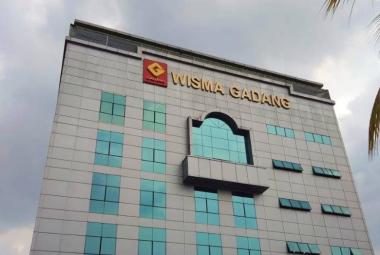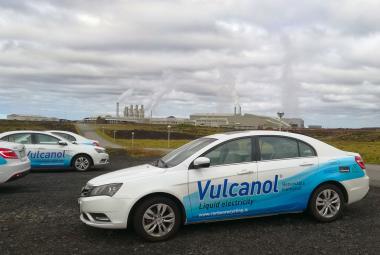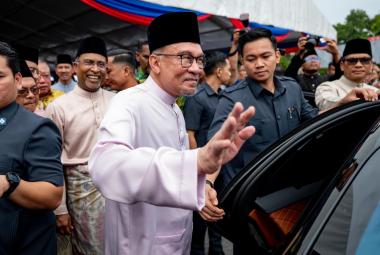By JASMY ISMAIL
THE COVID-19 outbreak has been a humanitarian crisis that has gravely affected the global and our nation’s economy, posing unprecedented challenges for business leaders. It is increasingly becoming a daunting task to evaluate the impact because by the time a response is formulated, the situation changes, and the scale, speed and outcome of issues have unexpectedly intensified.
The first half of 2021 has undeniably taught businesses the world over, many valuable lessons. The impact of COVID-19 has been extensive, far-reaching and likely to be long-lasting. Businesses nationwide are faced with a period of uncertainty, many had to adapt and undergo adjustment in their businesses whilst some had to embark on transformation, radical paradigm shifts and “new-normals”.
Almost all sectors have been affected by the pandemic, the automotive industry is no different. As in many sectors, COVID-19 had a significant impact on the automotive industry in 2021. Across the globe, factories closed, production declined, supply chains were severely affected, and demand decreased, clearly reflecting a tumultuous period of change.
The entire supply chain in the sector has been seriously affected, especially due to the complete shutdown of operations during the enhanced movement control order (EMCO), in states such as Kuala Lumpur and Selangor. Many of the key automotive companies for both production of vehicles and components are located within these two states.
The continued shutdown of vehicle sales, production and distribution of motor vehicles, components and spare parts, closure of showrooms and distribution centres and complete shutdown of operations heavily impacted the smaller industry players.
Based on the Malaysian Automotive Association (MAA) report in July 2021, the nationwide vehicle sales activity saw a decline of 96% with only 1,921 units registered in June 2021 compared to 47,204 registered in May 2021.
The Government’s announcement on August 15 allowing the automotive sector to reopen from August 16, saw car wash and car accessory businesses resumed operations. More importantly for the heavily battered auto industry, car showrooms were allowed to reopen to fully vaccinated patrons only. Despite these positive steps, the ‘healing’ process may take a long time and will be difficult to predict given the unpredictability of the pandemic scenario.
Although it may be difficult to envisage the exact consequences of COVID-19 and how to handle the immediate impact, leaders in the automotive industry have put in place post COVID-19 strategies and recovery plans.
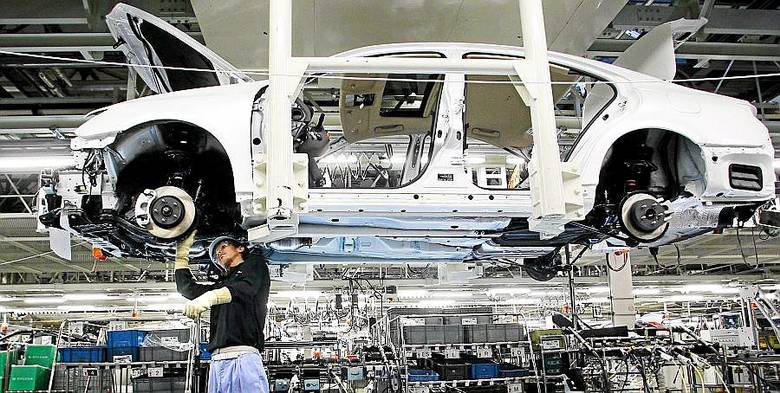
For Naza Corporation Holdings Sdn. Bhd. (NAZA), the group started to look at transformation about two years back. However, the COVID-19 pandemic pushed the group to review and “remodel” overall business processes, accelerating this pace of transformation.
To remain relevant, NAZA is constantly embarking to change with time. This current economic situation has driven us to improve operational and cost efficiencies across all operations through the NAZA2.0 Transformation Plan.
As a matter of fact, the pandemic actually helped us to expedite some key processes including the streamlining of our businesses.
Amidst the current uncertainty, it is critical that companies take a comprehensive approach and develop a range of circumstances and robust contingency plans to navigate through these turbulent times.
Access to agile and accurate scenario modelling to understand cash flow, profit and loss, and balance sheet impact has never been more important.
In the current demand-constrained environment for the automotive where demand has fallen off a cliff, organisations need to build a plan to prioritise and protect their most valuable segments and customers based on margin, revenue, strategic importance and contractual obligations.
The management will also need to understand high-margin and high-opportunity cost products for prioritisation in case of labour constraints or material shortages.
Closely connected to the above, COVID-19 has also forced companies to adopt more digital communication tools. This has been and continues to be an opportunity for automotive firms to gain greater internal efficiency via video conferencing, messaging applications, project management tools, desktop integration and mobile capabilities.
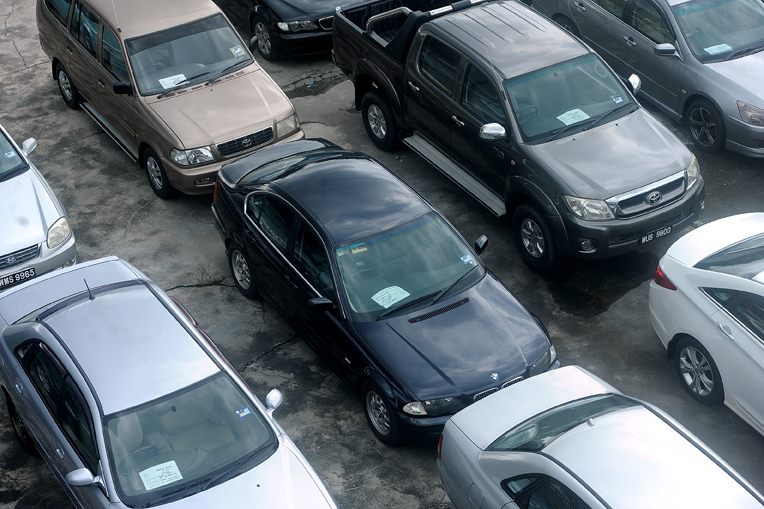
As is always the case, some businesses have been more prepared than others, and the more traditional companies in the industry have been hit hardest (for a short period at least, before slowly transitioning). However, the entire ecosystem has been affected by the pandemic, and it’s those who have been quickest to embrace remote work that will thrive in the future.
Organisations that will emerge the strongest post-COVID will be the ones that can see the current pandemic as an opportunity to overhaul their supply chains and enable the strategies and recovery plans.
The long-term impact of COVID-19 on a macro-economic scale is unpredictable, but it’s not all doom and gloom, despite these uncertain times. There will always be opportunities for companies that prioritise their customers, control costs and innovate their business models.
The impact of global pandemic has certainly brought about declining economic growth in Malaysia. The automotive industry has obviously been affected with extreme decline of sales of vehicles. This scenario is expected to have a medium to long term effect on the industry and for Malaysia, the industry will definitely require a huge boost from the government in order to rise again.
The government's incentive for example, to reduce the sales tax for new vehicles last year was a step in the right direction to revitalise the market. NAZA also applauds the government's decision to implement sales tax exemptions on new CKD and CBU cars as this will help further create demand and stimulate car sales, as it would help the industry brace the post COVID-19.
Overall, the PSU (Program Subsidi Upah) aims to support employers whose operations have been affected by the COVID-19 pandemic to continue operating and retain employees.
Obviously, it stands to reason that sales would drop significantly as people continue to lose jobs and sources of income, affecting their purchasing power, especially on personal transportation. With hire purchase moratorium from financial institutions, the industry can expect a slight increase in their sales but it will take longer for the consumer to regain their buying power.
In August 2021, the MAA anticipated total industry volume to improve given that showrooms in many states particularly in Selangor and Kuala Lumpur have been allowed to operate subject to the fulfilment of SOP conditions based on each company’s vaccination rate. It is hoped, decisions such as this would help the industry move forward. - DagangNews.com
Dato’ Jasmy Ismail is the Chairman of NAZA Automotive Group of Companies




